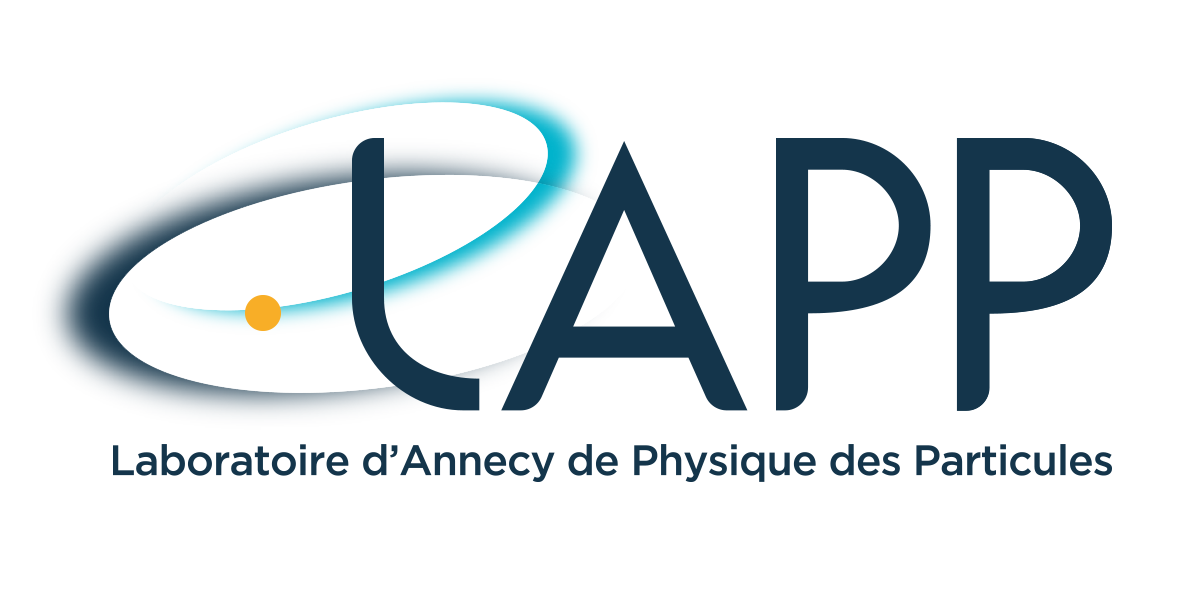Gitanjali Poddar – Phd’s defense – oct. 6, 2023
Study of Z-photon Scattering and upgrade of the Liquid Argon Electronic Calibration Board with the ATLAS detector
The thesis project consist in the precise study of the vector boson scattering process, as a probe for new physics. This process is regulated by the Higgs boson in the Standard Model. It is difficult to measure due to its very low production rate and to the large amount of background events associated. However, this is also a process that is especially sensitive to the presence of new physics, which would appear as an enhancement of the production rate in high- energy regions. The work will consist in studying the full dataset collected between until end of 2022 by the ATLAS detector , corresponding to about 200 fb-1. The project is to design an analysis that will maximize the sensitivity to the new physics. The use of new deep learning techniques to discriminate the signal against the background, will be central in this project, thanks to the supervision of experts at LAPP. Precise measurements of the cross section of the process as a function of various sensitive observables will be performed. This will provide important tests of theory predictions and Monte Carlo simulations. Further studies on the interpretation of the results in the framework of Beyond the Standard Model theories could also evolve to a collaboration with theoreticians. The second project will be more dedicated to the Liquid Argon ATLAS calorimeters, whose electronics will be partially replaced in 2019-2020 and totally in 2024, for the high-luminosity phase of the LHC (HL-LHC). The project involves designing new calorimeter calibration electronic boards for the HL-LHC phase. The calibration boards play an important role in the electronic chain since they maintain a uniformity between channels at the level of 0.1%, that ultimately yields excellent resolution of the electron and photon energy measurements. The work performed will be extremely important for the ATLAS collaboration and will give me the rare opportunity to closely work with a specific detector, and to design and test it.

